Question for Our Hotel Marketing Expert Panel
What would you tell hotel personnel choosing a tech stack?
Industry Expert Panel
Our Industry Expert Panel exists out of professionals within the hospitality & travel Industry. They have comprehensive and detailed knowledge, experience in practice or management and are forward-thinking. They are answering questions about the state of the industry. They share their insights on topics like revenue management, marketing, operations, technology and discuss the latest trends.
Our Marketing Expert Panel
- Peter Ricci – Clinical Professor and Director of Hospitality & Tourism Management Program at Florida Atlantic University (FAU)
- Max Starkov – Adjunct Professor Hospitality Technology, New York University
- Kaylie Holley – Hospitality and Tourism Marketing Professional
- Matthias Dybing – Co-Founder & Director at Nuvho
- Thom de Graaf – Digital Marketing Specialist at Orange Hotel Marketing
- Tamie Matthews – Revenue, Sales & Marketing Consultant, RevenYou
- Cory Falter – Partner and Visionary at Lure Agency
- Jacopo Focaroli – CEO & Founder, The Host
- Linda Bekoe – CEO at APLBC & CEO at Bekoe.com
- Dustin Caromano – Director of Marketing and eCommerce, Première Advisory Group
- Nicole Sideris – Founder & Prinicipal Consultant, X Hospitality
- Luminita Mardale – Director Of Marketing And Business Development, Vienna House
- Thomas Dieben – Founder, Becurious
- Lisa Bouma – Sales & Hospitality at Lisa Bouma Sales Services
- Ask Our Panel a Question
- Join Our Expert Panel
“I’d definitely choose something that will impact the guest experience first and foremost. This includes versatile property management systems (PMS) incorporated with customizable guest options. Technology that tracks transportation, allows personalized service requests, permits ordering of amenities as well as food and beverage, and keyless/remote key entry – just to name a few. The tech stack should be focused precisely on improving the guest experience. From reservation time to customization to amenity selections. Hotels often purchase for a package’s bells and whistles and get “lost” in the technology.
Buy what’s best for your hotel, but stay within your budget. Remember, not everything “new” is best and not everything “old” is worst. It all depends on what you can accomplish within your budget. It is EXTREMELY EASY to spend double, triple, or tenfold because everything looks nice. If conversions from live reservation calls work best for you, get the best software for conversions. If the mobile website is your best asset, spend there on faster loading, higher conversions, etc. Just because we have exceptional technology, doesn’t make the CHOICE of a tech stack harder than it should be.”
“I believe the PMS-centric tech stack will continue to dominate hotel technology in the future. But what kind of PMS? Luckily, the future’s already here with cloud PMS using open API integration platforms. It’s perfect timing given that this is the most challenging era in our industry’s history. The shift within the community’s mindset is monumental: from a closed system mentality to cloud PMS with Open API.
So the answer is a cloud-based tech stack. One which includes PMS, RMS, CRS, CRM, operations, and back office applications. Why a cloud PMS-centric hotel tech stack? Low costs, efficiencies, higher productivity, and data security are part of it. But additionally, hotels have growing needs. A full-service 3-4-5-star hotel will soon need over 100 plus APIs with third-party tech applications and solutions to be able to function and meet the needs of today’s digitally-savvy travelers. The new Oracle Hospitality Integration Platform already has 3,000 API capabilities, StayNTouch Integration Hub – 1,100 APIs; Protel Air PMS Marketplace – 1,000 APIs, Cloudbeds PMS – 300 APIs etc.”
“Implement tech that has the most integrations possible. It’s counterproductive, and a waste of time and money, if you have 10 different tech products that don’t connect to each other. Integration streamlines operations and the guest experience. Don’t get tech just to have it. Make sure that the technology is efficient, solves a problem, or heightens the guest experience.”
“My advice to hotels choosing their tech-stack is to look at systems and vendors that have open APIs. APIs ready to connect to new tools, start-ups, and tech from established vendors. A PMS with an open API will likely be future-proof as they’re easy for new start-up companies, with new groundbreaking ideas, to connect to. You’ll be able to get access and connectivity to the newest technologies and ideas. And they’ll bring your hotel into the 22nd century ahead of less forward-thinking competitors.
Access to the right forward-thinking tech will bring efficiencies to your business as long as you are ready to adopt new technologies. For example, imagine opening a hotel door with your phone or checking into a hotel like you would on a flight. It doesn’t imply reduction of service, rather that service can be tailored to more people. Not everyone likes a heavy check-in, especially if they return to and know that hotel.
Marketing is another component. You need to choose tech that converts bookings and think holistically about connectivity with key marketing search points along the booking guest path. Doing so brings exposure and drives bookings at a lower cost of acquisition. Booking tech must have the right connectivity to the right marketing channels. These include companies like Google, Metasearch engines, social media, CRM, and even offline connections (phone inquiries) to cover the online world. To think otherwise is to fall into the same trap Nokia did when iPhone was released – you’ll miss out. There’s also the added element of web design. Honestly, I see too many hotels trying to save on their direct platforms. So they try to compete against a Ferrari (all OTAs) with a fiat (their cheap direct website and booking engine). That strategy just doesn’t work!
We have our own way of thinking about the guest path to booking. We understand that you can directly hijack the bookin, away from OTAs, by having the right web designs and tech. Yet, we also work closely with OTAs to get on page 1 of their site when consumers do an initial search. Then we highjack the traffic by being present with digital marketing initiatives; they’re cheaper than your think. With a range of around $299 per annum to be connected to Google hotel ads organic feed. Being successful at driving bookings requires a holistic strategy. One which combines tech, digital and offline initiatives, and strategies.
Our best web conversion is on single-page websites, even if we’ve been called used car salesmen by offering them. They work because consumers search and choose hotels from a single page. Your hotel on all OTAs, review sites, metasearch sites, etc, will be on a single page at the top of the funnel. They’ll only see your actual site later, at the bottom of the funnel, after they’ve chosen from the options at the top of the funnel. So, when the consumer searches for the best value for your hotel, knows everything about the hotel through their research and previous comparisons with other hotels? Why are we showing heavy informative websites? It’s largely because web design conventions, often from other industries, simply state that it’s the way things need to be done.
The convention says that we must present consumers with a heavy website even when they’ve already decided to stay at your hotel and know everything about it. This is bonkers and we decided to challenge the status quo with a simple, single-page website design. And our approach worked. Single-page hotel websites, for simple hotel operations, outperform conversion of heavy hotel websites by 2 to 1. With our booking tech, which already converts at a higher rate on traditional websites, this means a conversion of 7-9% vs 4-5%.
People need to question their tech vendors on how they’re challenging the status quo and why they’re doing things that way as opposed to using the old methodology. And they need to ensure connections to both existing status quo vendors and the new vendors challenging the industry thinking – the so-called used car salesmen to the incumbent dinosaurs. Tech must be there to resolve your problems and run as a smooth, profitable, hotel operation. And that’s a fact, regardless of anything else. Be pragmatic about it!”
“There were some amazing new additions to the tech toolbox over the past months, such as Chat GPT. However, a tool is just a tool – it takes a good mechanic to use it to its fullest potential. Make sure you have qualified people in place to make the most out of these opportunities. Moreover, while automation can save time, this is a guest-first industry. For example, chatbots can provide quick answers but it’s not a personal experience. Don’t underestimate human-to-human contact. Investing in that extra effort will go a long way.”
“We implement new tech stacks for hotels every day and ask these questions before starting the process:
1. What are your goals? a. Why do you wish to make a change? b. How do you picture the checkin and checkout process working once we make a change? c. Where do you see your business in 5 years’ time?
2. What systems do you want to keep and which would you like to change? It’s important to understand the present stack so you can ensure that any new purchase connects to a product already in place.
3. What contracts do you presently have in place and when do those contracts expire? (We have to shift timelines if contracts have strict clauses for end dates)
4. When you think about your present property management system: a. What functionality do you like and want to keep? b. What functionality have you never used? c. What functionality do you wish it had? Many businesses use a fraction of the system they presently pay for therefore we can look at stepping down a tier in functionality to save money.
5. How stable is the WiFi in your area and are you prepared to upgrade? Can you upgrade to a more reliable service if we implement changes? If they don’t have stable WiFi, we can’t invest in cloud-based services.
6. What’s your budget? This will be influenced by what you’re currently investing each month and what you’re prepared to add to the pot. Consider changes in labor costs if you invest in technology. (Don’t forget your hourly wage as the business owner either. The time you’re working onside should be considered a cost as well. This is often neglected, as owners take dividends rather than hourly wages)
7. What products have you already looked at and what were your thoughts? People often come to us after starting the process and find out that it’s more complicated than they first assumed.
8. Is your team ready to embrace change?
9. Are you working along a timeline? Once we have this information, we can then start the process of demos. We attend the demos with the clients so we can ask questions. We listen to the questions the client asks and start to format a clearer picture of what they’re looking for. Some clients start the process with one dream and end with a different reality. No two changes are the same.“
“Micro personalization is critical when nurturing prospects, especially with the longer sales cycle found with meetings and events. Due to a dramatic increase in communication, staying on top of things is more challenging than it’s ever been for sales professionals. It can take dozens of interactions, over the course of a couple of years, before a prospect converts to a sale. That’s nearly impossible to do without the help of automation. Unfortunately, most legacy systems don’t offer the sophisticated workflows needed to effectively nurture a long sales cycle.
The first step is to evaluate your current systems. Do you have the right tools to enable automation and other workflows? Be sure to look for expandability and integrations when reviewing sales and catering software. For example, EventTemple offers a host of integrations that enable seamless connections to Hubspot or other marketing suites that can dramatically increase your direct sales.
Once you have the right system in place, building and maintaining your own audience is low-hanging fruit and often overlooked by properties. Touching them once a month via email with value-added content (no sales or promotion) will position you as a trusted expert. One distinct from opportunistic, self-centered, salespeople. When done consistently each month you’ll dramatically increase direct sales while reducing dependence on third parties and RFPs.”
“A hotel may identify front desk operations that are slow and error-prone. They could then search for a property management system with an easy-to-use interface, automated check-in/out features, and mobile capabilities to streamline their processes. I think it’s worth looking into tech stacks with personalization recommendations that could incentivize guest loyalty and provide a superior guest experience.
In the future, a hotel may choose cloud-based systems that offer flexibility, scalability regular updates, emerging technologies such as voice-activated assistants, smart room controls, and contactless payments. But there’s also a danger of purchasing new systems with compatibility issues or incompatibility with existing systems.“
“It is crucial for individuals considering technological solutions for their properties to recognize the significance of user-friendliness. Complex technological systems that add to the workload of employees will be neglected. Instead, the technology should aim to enhance employee efficiency and facilitate the creation of exceptional guest experiences.”
“Technology is the backbone of successful hotel operations. But it requires subject matter expertise, planning, and proper vetting to ensure the selected ecosystem can support the needs of each property. By following the best practices below, you can set your team up for success when evaluating technology.
1. Create a project team: Before contacting a single vendor, bring subject matter experts from departments impacted by these technology decisions. Tech decisions are often made in a silo without feedback from stakeholders who’ll use the system. Interview the team to understand how they’re impacted by the changes. Most importantly, meet regularly and communicate often.
2. Identify product requirements: Work with your department leads to identify what product features and functionality are critical to your goals. This will help your team vet each product and rate the importance of each feature. A clear understanding of what’s a necessity, vs. nice to have, will make it easier to identify the best fit.
3. RFI Compare and Contrast: Create a document to easily compare and contrast products between vendors post-request for information. This helps the team easily compare the differences between products. Small nuances in functionality can be deal breakers or require manual labor.
4. Integrations: Be thorough in your vetting of integrations. Having an existing integration and being able to integrate it are two very different things with different timelines that impact projects in unintended ways.
5. Implementation Support: It can be challenging for your full-time employees to manage the day-to-day operations alongside the complexities of technology implementation. It’s also safe to say that you may not have the subject matter expertise in-house to ensure a successful implementation. Don’t risk doing it wrong, consider outsourcing tactic work to consultants who specialize in technology implementation.
6. Stay consistent: Technology will never be “set it and forget it”. Incorporate technology conversations into your regular cadence and evolve as hotel needs and guest demands require it. Keep your finger on the pulse, and stay ahead of the curve.”
“The main piece of advice I’d give is for the property owner to understand how they want to operate moving forward. Each property needs to look at how they want to provide scalability. Payment policies and check-in processes are key components. This operational flow and the guest journey are critical to planning your tech stack. System selection must support high levels of comms both operationally and within the guest journey. You need to investigate how you want each touch point to transact and see how the solutions deliver the flow. Integration is key, and all systems must support 2-way movement. Likewise, there should be minimal need for add-on solutions to address the lack of functionality in any given area. Understanding the integrations between systems is critically important.”
“The hotel industry can’t ignore the new technological solutions coming into the market. From virtual reality, intelligent property management systems, and mobile – cybersecurity friendliness is a must these days. With virtual reality, the guest can choose a hotel after seeing what it’ll be like to stay there with their own eyes. Hotel management system software also lets you refine how you run your properties and avoid overbooking or similar situations.“
“1. Start with flexible, cloud-based, PMS. A Property Management System (PMS) is a software application that’s used by hotels to manage their daily operations. This includes reservations, check-ins, check-outs, room assignments, and housekeeping. A cloud-based PMS means that the software is hosted on a remote server and can be accessed anywhere with an internet connection. A flexible PMS allows hotels to customize the software to their specific needs.
2. Make sure it’s connected to a solid channel manager and booking engine. Channel managers help hotels distribute their inventory across online travel agencies (OTAs). Booking engines are software that allows guests to book rooms directly on hotel websites. The PMS should be connected to both a channel manager and booking engine to ensure that the hotel’s inventory is up-to-date and reservations are accurately managed.
3. When it comes to the booking engine, analyze the possibilities in terms of website integration, payment methods, user-friendliness, etc. The booking engine should be user-friendly and integrated with the hotel’s website. It should also offer a variety of payment methods to make it convenient for guests to book their stay. It is important for hotels to analyze the options available to them and choose a booking engine that suits their specific needs.
4. For websites, make sure you can maintain the multilingual content yourself with a specialized Hotel CMS. A Hotel Content Management System (CMS) is a tool that allows hotels to manage the content of their website, such as text, room descriptions, photos, FAQs, and special offers. The CMS should support multilingual content for guests from different countries. Hotels should be able to maintain the content themselves without needing technical expertise.
5. Look into CRMs that connect with your PMS and website. A Customer Relationship Management (CRM) system is an application that allows hotels to manage their interactions with guests and potential guests. The CRM should connect with the PMS and website. This provides seamless experiences for guests and allows hotels to effectively manage their data.
6. A RM system is crucial if your revenue management is performed in-house. A Revenue Management (RM) system is an application that lets hotels optimize their pricing and revenue by analyzing demand and market trends. It’s becoming increasingly important for hotels to control revenue management in-house to stay competitive and adapt to changing market conditions.”
“Embracing personalization is crucial for sales and hospitality professionals within the competitive modern market. Hospitality companies can elevate their guest experience by prioritizing tech stacks that enable effective guest data analysis and seamless communication. By striking the right balance between technology and personal attention, we can create truly exceptional experiences that keep guests coming back time and time again. Integration is another crucial factor to consider. Look for a tech stack that seamlessly integrates with your reservation system, property management system (PMS), CRM, and other relevant platforms.”
Ask a Question & Join Our Expert Panel
Would you like a question to be answered by our Industry Expert Panel? Or would you like to join our community of experts and share your experience, insights, and knowledge with fellow industry professionals? Via the buttons below you can submit a question or submit a request to become part of our expert panel.



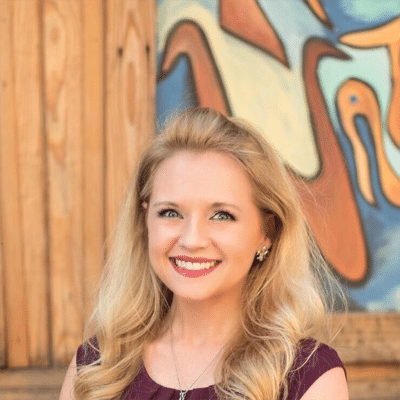








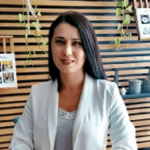


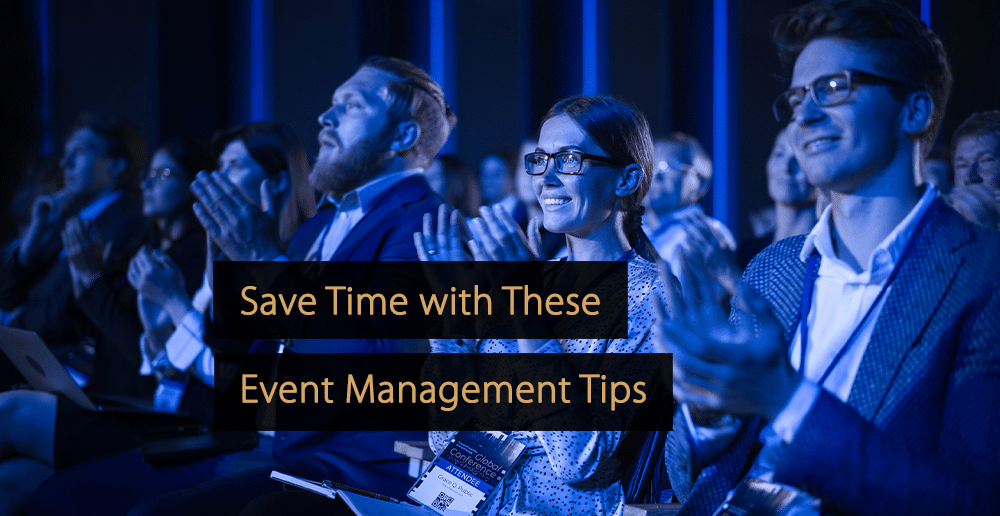
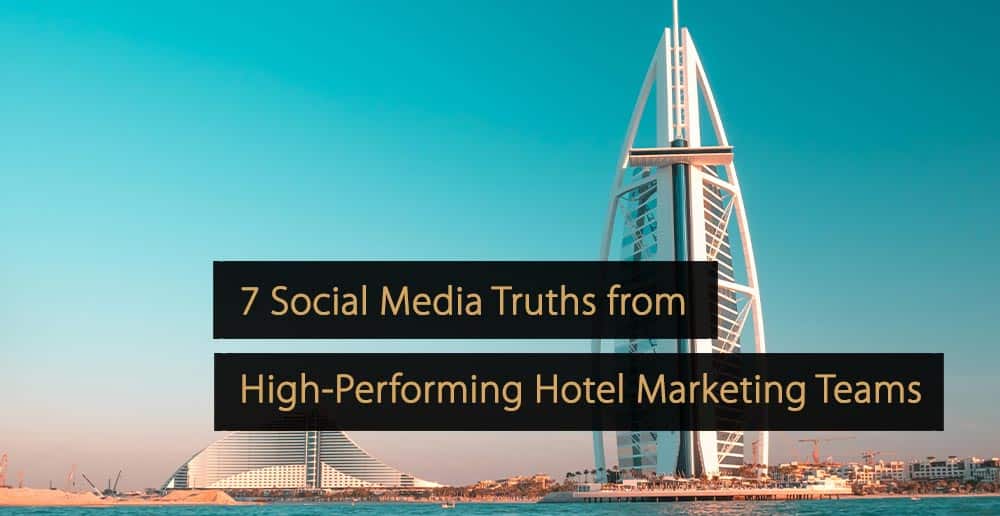
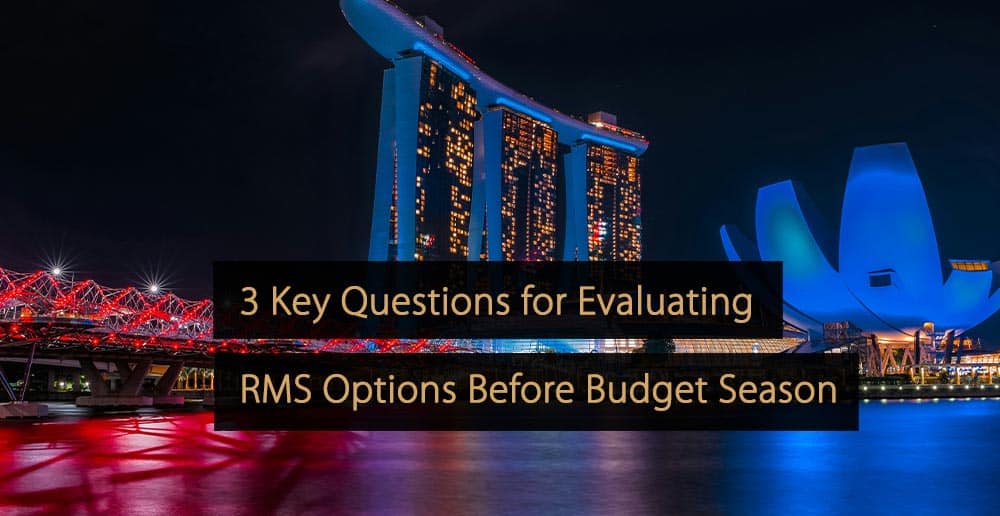
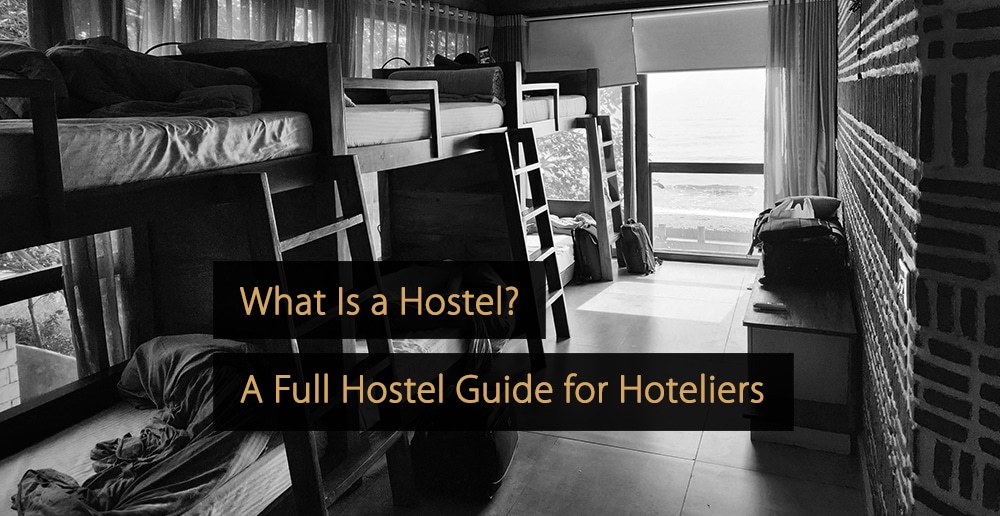
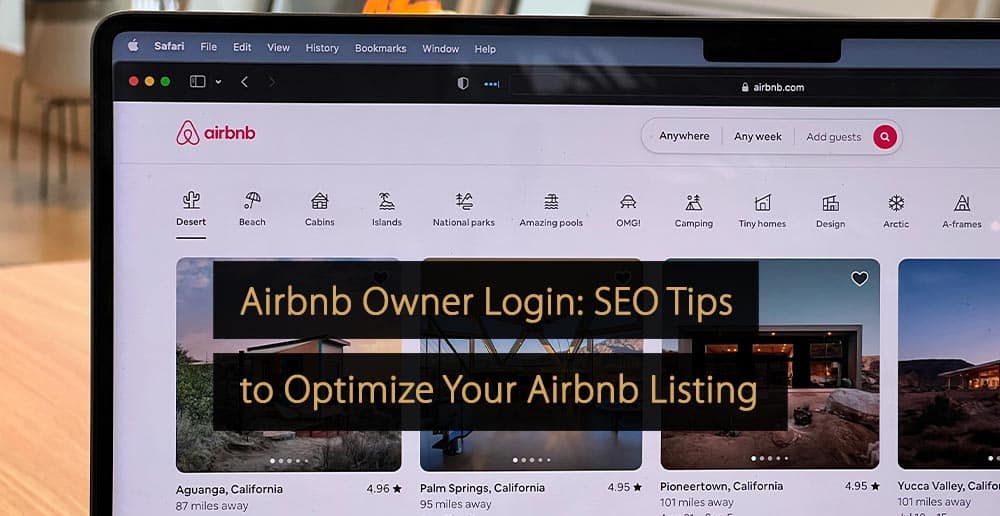
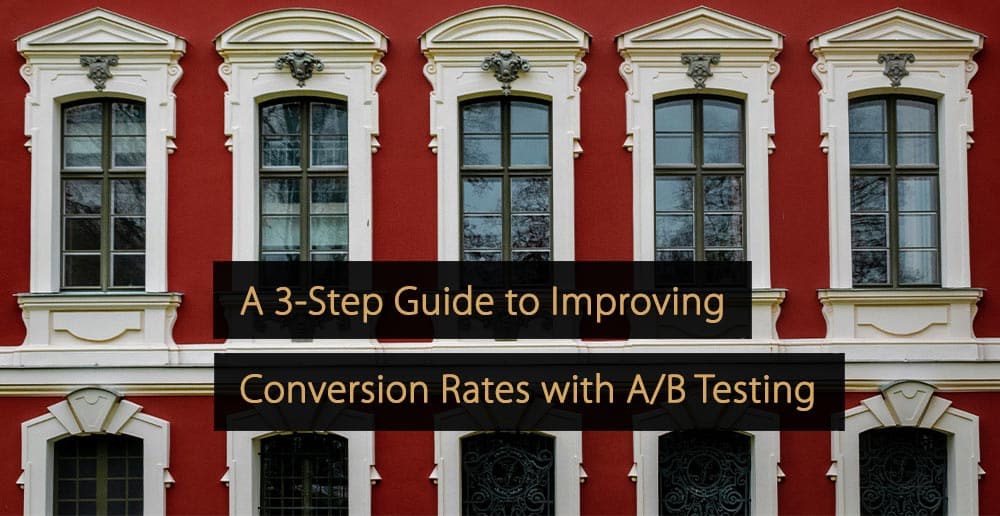
Leave A Comment